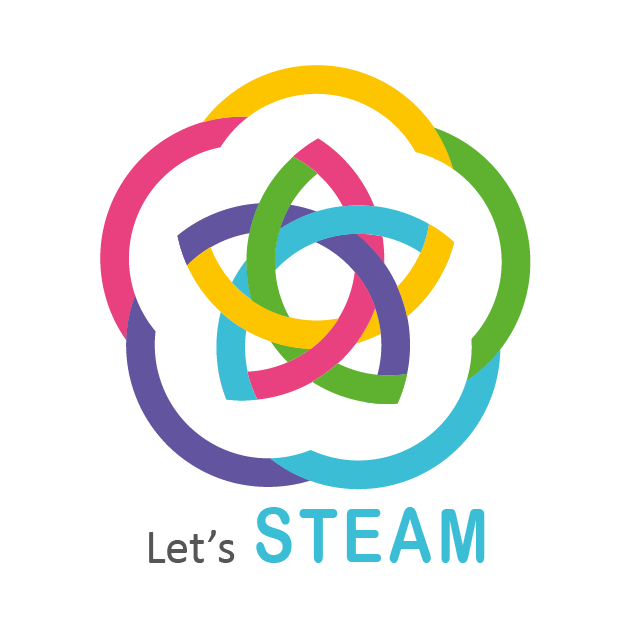
LET’S STEAM: An educative platform based on MakeCode, CircuitPython & Scratch for creativity and participatory sciences using IoT boards
2019-1-FR01-KA201-062946
2019 - 2022
STEAM education represents a paradigm shift from traditional education philosophy, based on standardized evaluation, to a modern ideal which focuses on valuing the learning process as much as the results. It is expected that between 2017 and 2027, the jobs that will require STEAM skills and competences will grow by 13%. To tackle this challenge, schools in Europe must implement STEAM strategies and pedagogies to promote interdisciplinary and innovative initiatives within the classrooms. In the framework of the STEAM movement, many platforms and tools for education emerged to help the teachers from secondary and high schools to develop new contents and new skills to motivate the students to become more actors than attendees. This is the case of the platforms Scratch, MakeCode and CircuitPython. This trend is nowadays visible in all European countries and should be tackled at International scale. Of course, since the creation of the tools, many changes and optimizations have been done. However, their potential is often not completely used or understood from the teachers that need to adapt their own pedagogical content and their lessons in order to use them. From this context, most of the teachers in secondary and high schools are not yet motivated or trained enough to catch their late back on the use of these platforms. Therefore, there is an urgent need to interest the teachers in these forms of education to motivate them to provide new content and to create the best pedagogical method.
A1. Provide new set of skills for teacher to enhance STEAM approach
A2. Promote active & creative pedagogy
A3. Value collaborative behaviours in teaching and learning
To answer these ambitious objectives, the LET’S STEAM project will implement a several steps methodology:
1) Understanding the needs and the basic skills of the teachers in the framework of programming capabilities,
2) Gathering the requirements of the teachers to enrich the current open source programming platforms with accurate and tailored functionalities,
3) Creating a complete set of learning modules dedicated to a breakthrough Training of Teacher solution to enhance the skills of this target to become contributors of new pedagogies,
4) Ensuring motivation of the students and teachers by proposing some creative, transdisciplinary and collaborative projects in the scope of citizen science.
With LET’S STEAM, the aim is to think outside the box and to break the barriers between programming, creativity, and scientific items. The innovation potential of the project is then based on the pedagogical approach of programming for STEAM, by breaking the dissociation between subjects themselves such as scientific fields and art fields for instance, and moreover, by bringing new value to programming. The objective is not to use programming for technological items such as creating robots or doing algorithm, but to unveiled all its potential as support to understand concrete concepts, through data analysis for instance using sensors for physical studies, understanding what is studied and even being the source of the data collected directly by the students, and reusing these data in mathematics to make statistics on diverse societal subjects, bringing more motivation to young people through the feeling of being contributor of their own knowledge.


